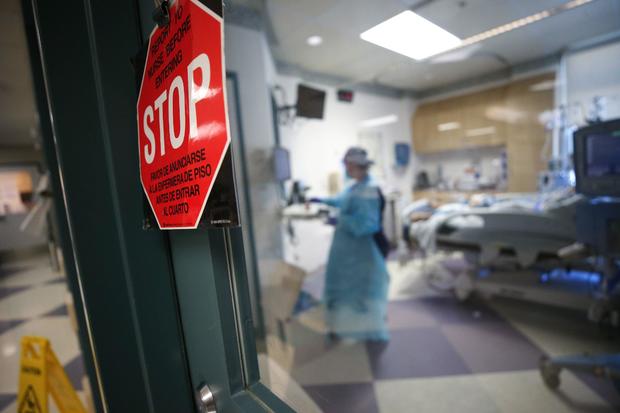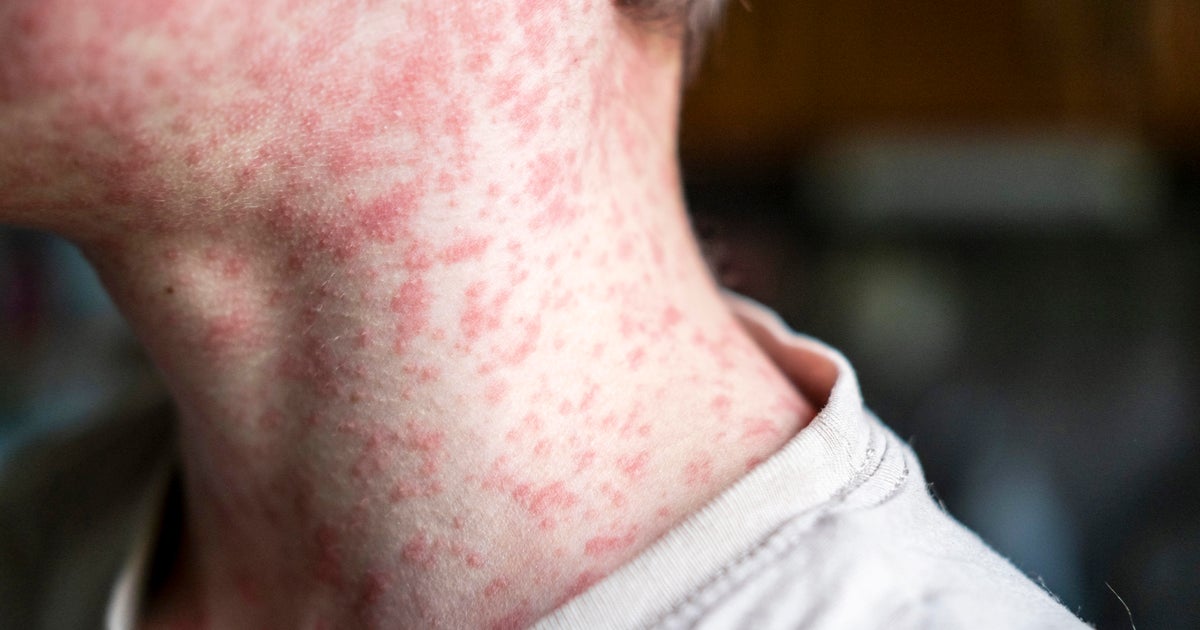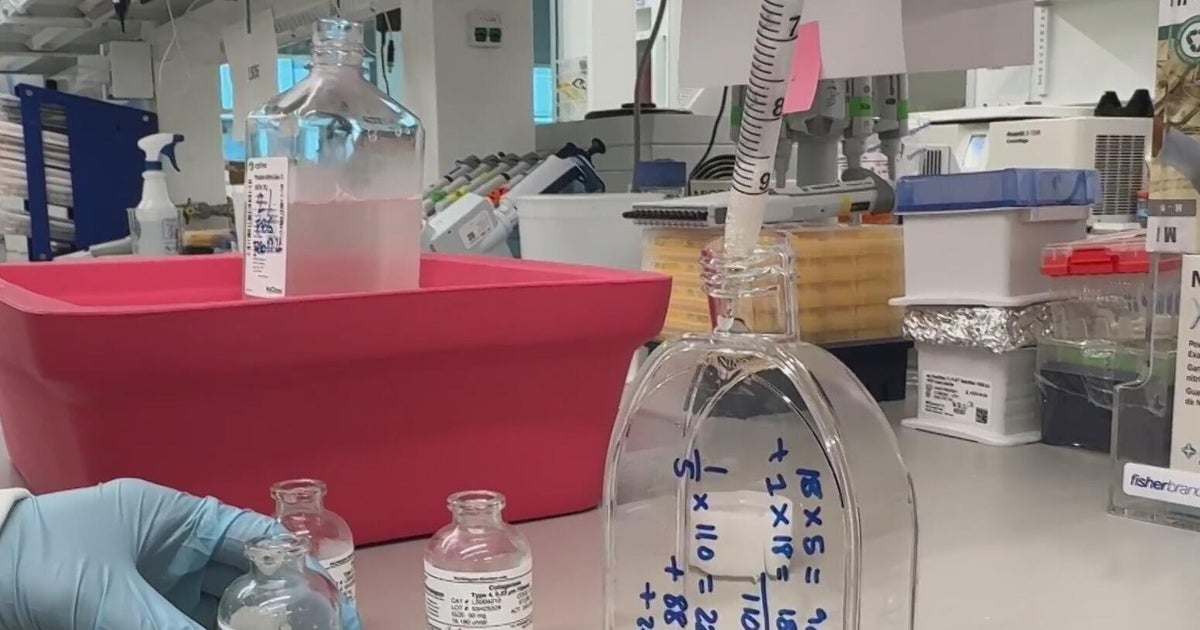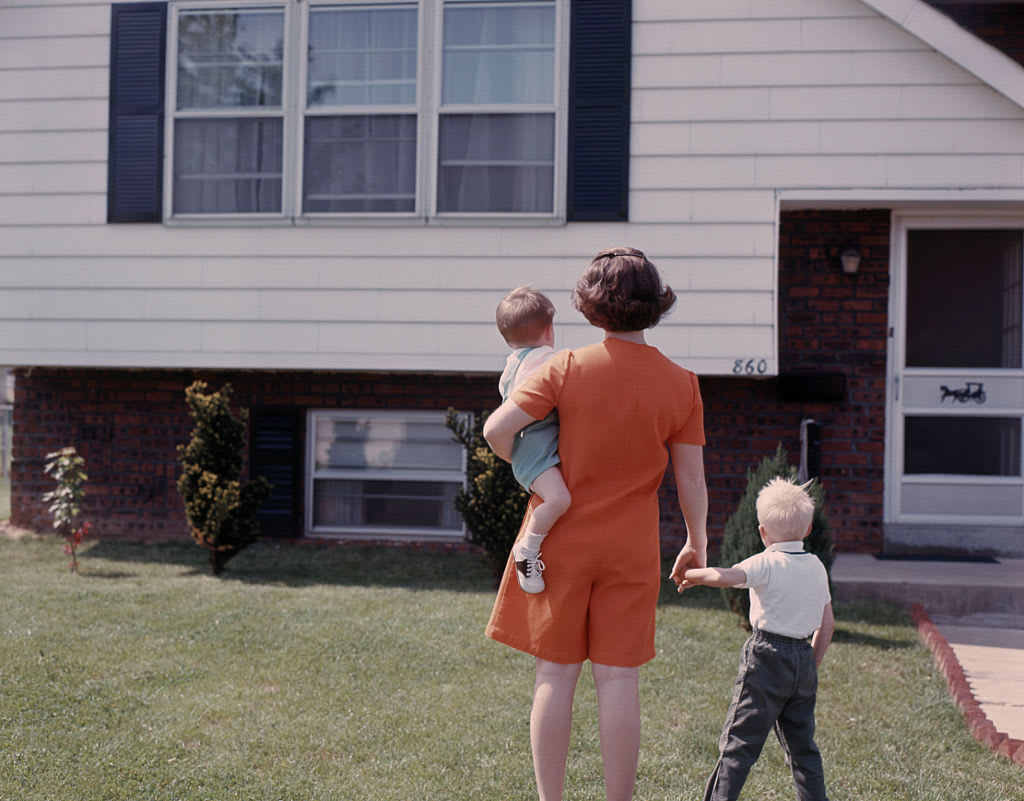U.S. hits 150,000 coronavirus deaths
The death toll in the United States due to the coronavirus surpassed 150,000 on Wednesday, according to a tally from Johns Hopkins University. More than 4.39 million COVID-19 cases have been reported across the country.
The grim milestone comes just over two months after the U.S. hit 100,000 deaths, and continues to make the U.S. the country that has reported more COVID-19 fatalities than any other nation. Worldwide, more than 662,000 people have died from the virus.
In the U.S., many states are continuing to battle a surge of new infections. Florida on Wednesday broke its daily virus death toll record for the second day in a row, reporting 216 new fatalities — up from 186 new deaths a day before. The state has now seen more than 6,330 COVID-19 deaths and 450,000 cases in total, according to its health department.
The debate over reopening schools intensified this week as nearly 32,000 Florida educators signed a petition asking Governor Ron DeSantis to nullify his order requiring schools open in just a few weeks.
As the virus rages, CBS News has collected stories of some of the lives lost to coronavirus. Among them are nurses, grocery store clerks, a former White House butler, beloved actors and singers, a mother and son who died nine days apart, a 45-year-old police officer, a 25-year-old master's student, and many more people from all walks of life.
The CDC reports that at least 574 health care personnel — doctors, nurses and other medical workers in the U.S. — have died due to the virus.
Twenty-five states have seen a rise in new COVID-19 cases over the last two weeks, according to Johns Hopkins University.
This comes as CBS News obtained a government memo from FEMA on Wednesday that said despite a nationwide decrease of cases over the past week, the number of deaths have jumped more than 30% during the same time period.
There is also concern about the coronavirus traveling back north. For the first time since April, two counties in New Jersey have reportedly made the Department of Homeland Security's emerging hot spot list. In Philadelphia, officials say the city is seeing a second wave of infection.
Health officials worry that young people under the age of 40 who are going back to work or going to bars and restaurants, are increasingly becoming victims and chief spreaders.
"We know that if we were to stay home, wear masks, wash our hands and take care of our neighbors we would get this virus under control," Dr. Dara Kass, an ER doctor and Yahoo News medical contributor, told CBSN. "Unfortunately, people don't really want to do that. Some people just want to take the risk they're going to get it, take a pill and expect that they are going to get better — and that is not the circumstance we're going to deal with with this virus."
Instead, she warned, recent studies have shown that the disease can have long-lasting effects such as brain and heart damage. "I am very worried about a new generation of chronically ill patients," Kass said.
In California, the man known as the state's "patient zero" who contracted the virus abroad in Italy in February, spoke to CBS News on Wednesday after a two-month hospital stay where complications forced doctors to amputate most of his fingers.
"I shouldn't be walking out of here," he said. "My neurologist came into my room and said to me, 'You're a miracle. Medically speaking, you should not have been here.'"
Elizabeth Elkind and Manuel Bojorquez contributed to this report.




